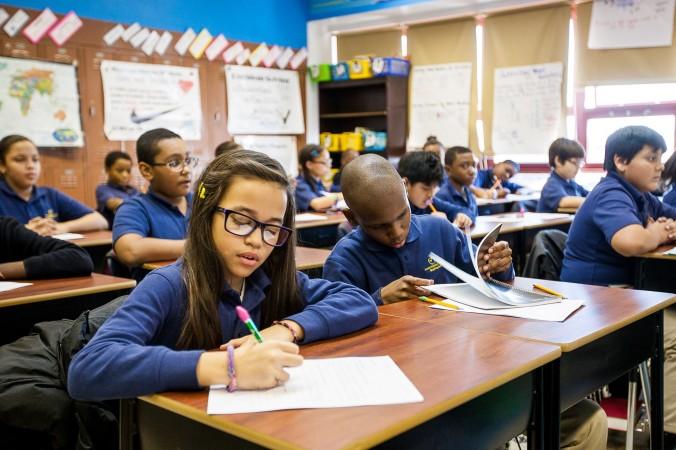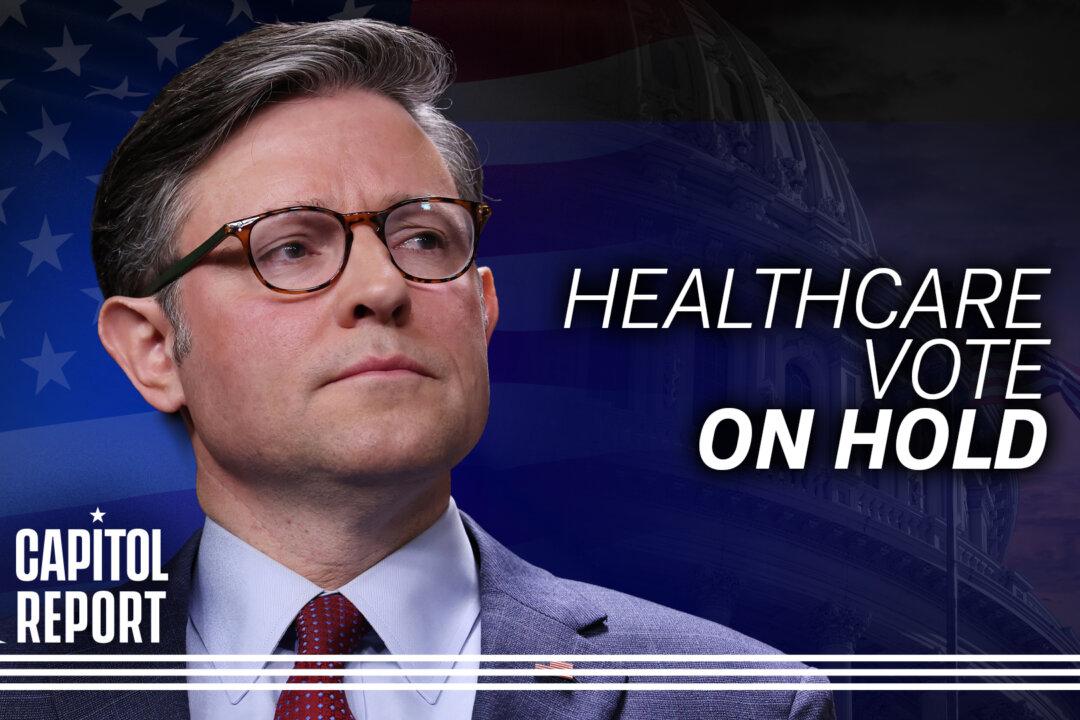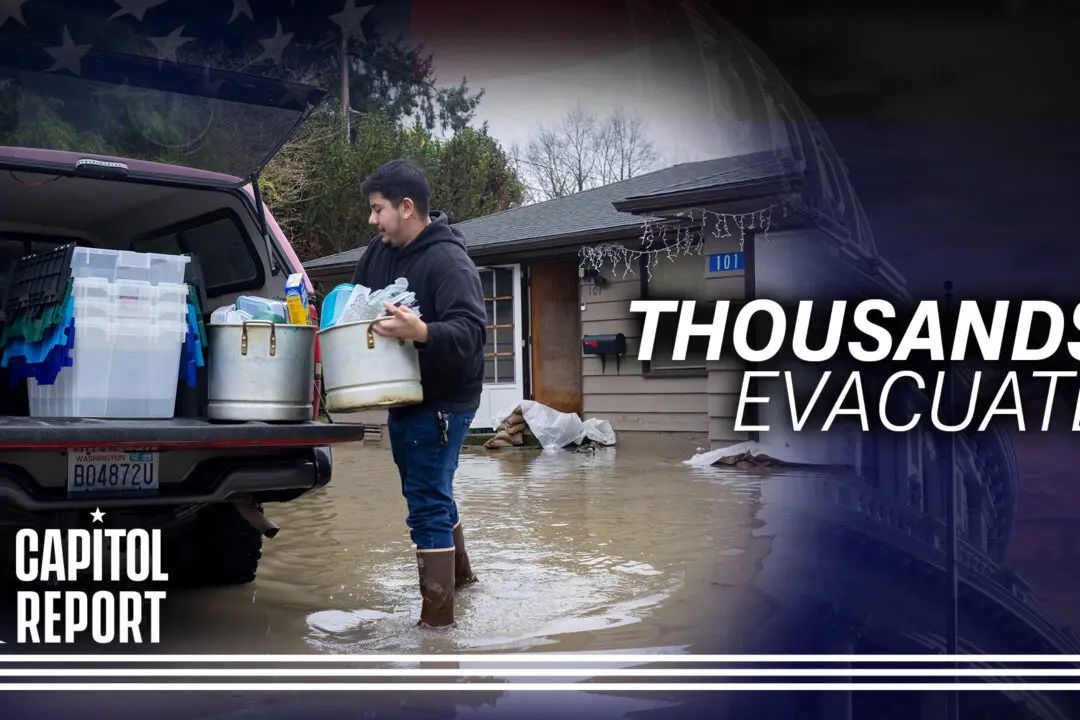California lawmakers have extended a moratorium on non-classroom-based charters to 2025.
AB 130, a multibillion-dollar educational budget bill, mandates that no new online charter schools are allowed to open until at least 2025. However, it does not hinder the operations of existing online charters.





